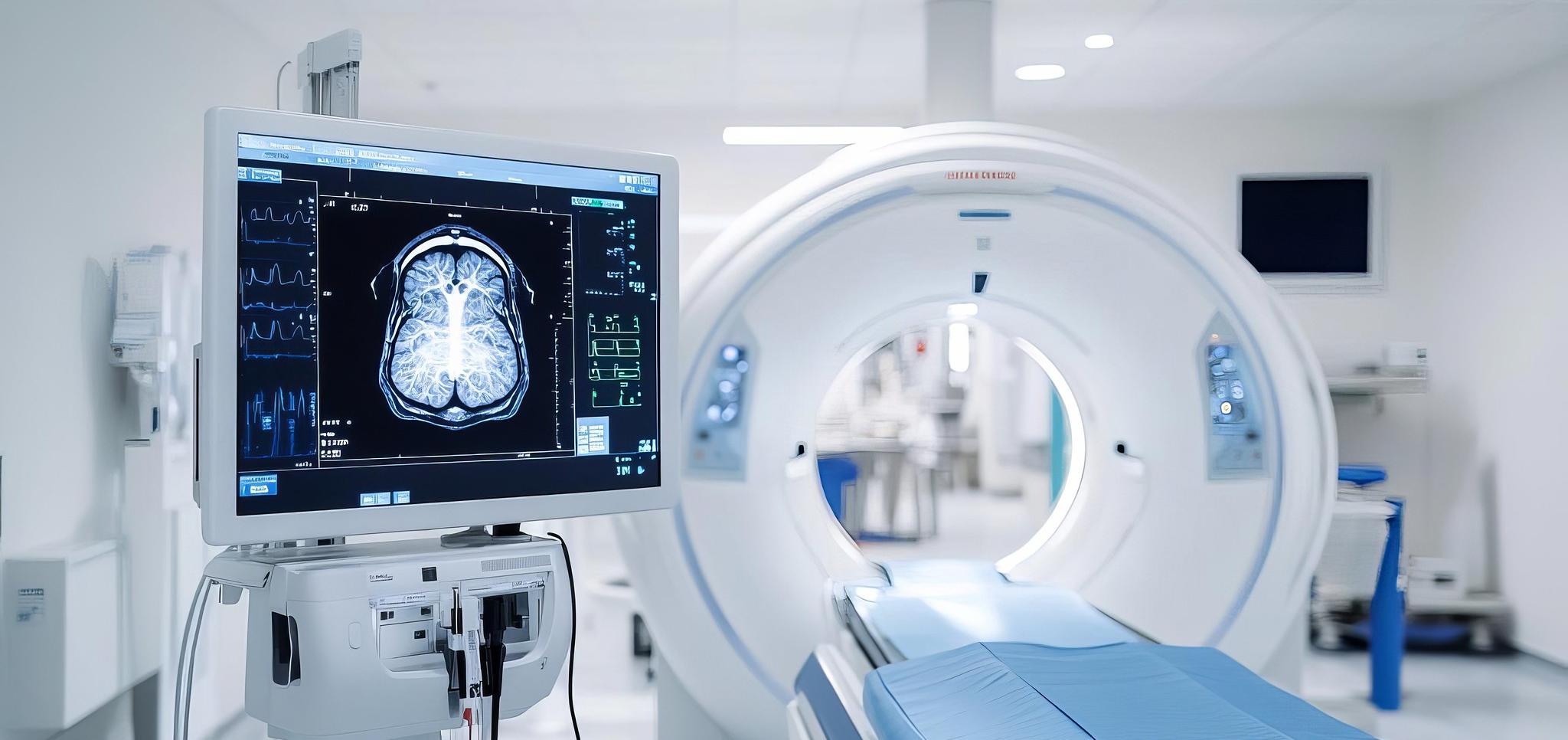
Start Strong. Transfer with Confidence.
If you're interested in a growing healthcare field that blends patient care with advanced technology, a career in radiologic technology could be the perfect fit. Radiologic technologists use cutting-edge imaging equipment to help diagnose and treat medical conditions—playing a key role in modern healthcare.
As imaging technology rapidly evolves, so do career opportunities. Radiologic technologists can specialize in high-demand areas such as MRI, CT (Computed Tomography), radiation therapy, nuclear medicine, mammography, and more.
Barton’s Liberal Studies Program in Pre-Professional Radiologic Technology is designed to provide the foundational science and general education coursework needed to transfer into the radiologic technology program of your choice. You’ll be well-prepared to continue your training and pursue certification in a specialized imaging field.
Please note: This degree track does not include clinical training and does not result in a professional credential. It is designed to prepare you for successful transfer into an accredited program.
Barton Benefits
At Barton, our areas of study are designed to equip students with the knowledge, skills, and critical thinking necessary to thrive in today’s world. Whether you're just beginning your educational journey or advancing your career, we offer flexible and rigorous programs that support your goals.
- Complete your general education courses to prepare for transfer into a radiology program
- Choose flexible learning options—take classes online or face-to-face to fit your schedule
- Save money with many courses using Open Educational Resources (OER), which may eliminate the need to buy textbooks
Radiologic technology is a growing field with strong career potential.
- Job Growth: Expected to grow 6% from 2023 to 2033
- Annual Openings: About 16,000 new jobs each year
- Salary: Median annual wage is around $77,700; top earners make over $106,000
- Work Settings: Hospitals, clinics, outpatient centers
- Career Paths: Opportunities to specialize in MRI, CT, mammography, and more
Radiologic technologists enjoy steady demand, competitive pay, and the chance to work with advanced medical imaging technology.
Your Next Step
After completing the Pre-Professional Radiology Technology track at Barton, you’ll be well-prepared to transfer to a four-year college or university to continue your education and apply to Radiology Technology programs.
Our curriculum includes essential coursework in:
- Biology & Human Anatomy
- Chemistry
- Physics
- Psychology
- Mathematics & Statistics
- English Composition & Communication
You’ll also develop skills in problem-solving, communication, and patient-centered care—critical to success in healthcare fields.
Associate in Science
Radiology Technology
**This degree does not contain actual clinical courses and will not result in a credential.
View the full list of Curriculum Guides (applicable for students admitted prior to Fall 2024) and Degree Maps (applicable for students admitted Fall 2024 and after).
Check out the Course Search for a full listing of courses available.
Visit the What Can I Do with My Major? webpage to find helpful resources on career paths, employers and more!

